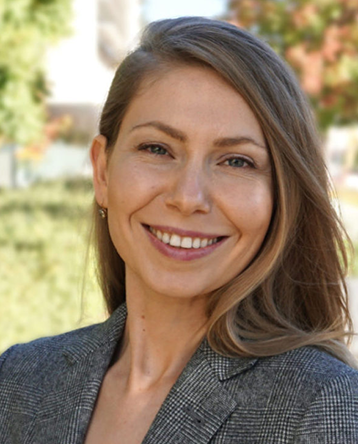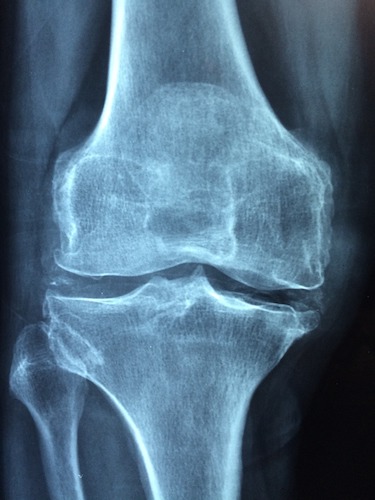Step by step
Marika Yang
Feb 5, 2019

Source: Eni Halilaj
Assistant Professor Halilaj joined the Department of Mechanical Engineering in 2018.
Musculoskeletal injuries and diseases are a major cause of limited mobility and loss of independence in older adults. Eni Halilaj, an assistant professor of mechanical engineering, studies musculoskeletal biomechanics with the goal of designing personalized interventions to improve human movement and prevent pathology.
Nearly 60% of patients who tear their anterior cruciate ligament, for example, develop post-traumatic knee osteoarthritis at a relatively young age, despite significant time investment in rehabilitation therapy post-surgically. Failure to restore normal gait after therapy is one of the key contributing factors to post-traumatic osteoarthritis. Clinic visits are sparse, and even when patients are in the clinic, they move differently than they do when they are out of the clinic, making it difficult for clinicians to assess their long-term risk for disease.
Halilaj will monitor patient movement with wearable sensors throughout the day. “Our initial work aims to develop the scientific basis for personalized mobile health interventions. Combining data from wearable sensors with advanced magnetic resonance imaging, we are trying to understand what movement patterns are associated with disease progression. These digital biomarkers can then be targeted with adaptive real-time feedback in new patients,” she said.
Combining data from wearable sensors with advanced magnetic resonance imaging, we are trying to understand what movement patterns are associated with disease progression.
Eni Halilaj, Assistant Professor, Mechanical Engineering, Carnegie Mellon University

Source: Pixabay
The human musculoskeletal system is a complex and remarkable engineering system.
During her postdoctoral fellowship at Stanford University, Halilaj showed that in older adults at risk for knee osteoarthritis, moderate activity was associated with healthy knee cartilage, whereas sedentary behavior and vigorous activity were linked to pre-arthritic changes. These types of actionable insights into the types of activities and gait patterns that pose risk for musculoskeletal health are made possible by the advent of wearable sensors and use of big data analytics.
Because her work bridges engineering and medicine, Halilaj’s collaborations with medical staff have always been vital in helping her anchor research questions in challenges that patients and clinicians face everyday. “During my doctoral work at Brown, orthopaedic surgeons and hand therapists taught me about the limitations of existing pain management strategies; they helped me recruit patients for experiments; and they brainstormed with me on how findings from our work could inform surgical practice.”
Joining Carnegie Mellon University in Fall 2018, Halilaj founded the Musculoskeletal Biomechanics Lab. She is particularly excited to find new avenues for collaboration at Carnegie Mellon, through researchers in human-computer interaction and machine learning. The chance to partner with the University of Pittsburgh’s orthopaedic surgery and rehabilitation staff is also a unique opportunity. “There are few places with such a wide range of synergistic research activities from which I can draw inspiration and expertise to push the boundaries of my field.”
Halilaj also hopes to engage and motivate undergraduate and high school students to innovate in the field of rehabilitation. Her lab is planning a Carnegie Mellon event during the National Biomechanics Day, joining tens of universities that celebrate this field annually by engaging students in fun biomechanics events. She is also working with the Perry Initiative Program to host hands-on workshops for high-school women to learn about the intersection of mechanical engineering and orthopaedic surgery.
Media contact:
Lisa Kulick
lkulick@andrew.cmu.edu